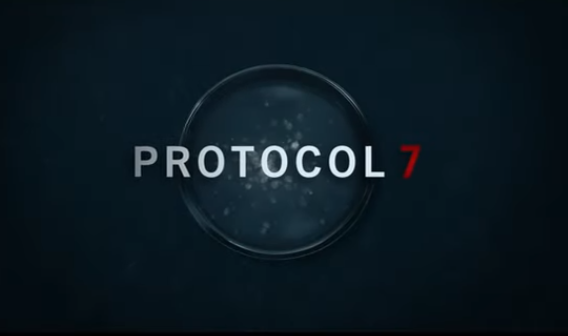Nestlé Admits Using Slaves While Fighting African Child Labor Lawsuit

Nestlé has admitted to using slaves to produce its popular cat food while battling a child labor lawsuit in the Ivory Coast.
The groundbreaking disclosure by Nestlé is seen as a key step in shifting the parameters of what can be expected of multinational corporations when it comes to supply chain accountability and the eradication of modern slavery.
“As we’ve said consistently, forced labour and human rights abuses have no place in our supply chain,” said Magdi Batato, Nestlé’s executive vice-president in charge of operations, in a written statement shortly after the reputation damaging news was made public. “Nestlé believes that by working with suppliers we can make a positive difference to the sourcing of ingredients.”
Guardian reports: It’s hard to think of an issue that you would less like your company to be associated with than modern slavery. Yet last November Nestlé, the world’s largest foodmaker and one of the most recognisable household brands, went public with the news it had found forced labor in its supply chains in Thailand and that its customers were buying products tainted with the blood and sweat of poor, unpaid and abused migrant workers.
By independently disclosing that Nestlé customers had unwittingly bought products contaminated by the very worst labour abuses, the company said it was moving into a new era of self-policing of its own supply chains. A year-long investigation by the company confirmed media reports that the seafood industry in Thailand is riddled with forced labour and human trafficking and that slave labour was involved in the production of its Fancy Feast catfood brand.
Nestlé also made sure to make it clear that no other company sourcing seafood from Thailand, the world’s third-largest seafood exporter, could have avoided being exposed to the same risks.
“As we’ve said consistently, forced labour and human rights abuses have no place in our supply chain,” said Magdi Batato, Nestlé’s executive vice-president in charge of operations, in a written statement. “Nestlé believes that by working with suppliers we can make a positive difference to the sourcing of ingredients.”
The disclosure was considered by many to be ground-breaking. Nick Grono, the chief executive of NGO the Freedom Fund, which has invested heavily in anti-trafficking initiatives in Thailand, believes Nestlé’s admission could be a considerable force in shifting the parameters of what can be expected of businesses when it comes to supply chain accountability.
The research (pdf) for Nestlé’s report was conducted by US corporate accountability business Verité, which works closely with organisations trying to help improve their supply chain transparency.
Last year Verité was involved in another exercise in self-disclosure by outdoor clothing company Patagonia, which announced that it had discovered several points in its supply chain in Taiwan where forced labor and unethical recruitment practices were flourishing.
Verite’s chief executive, Dan Viederman, said: “In the last six months Verité has been involved in two high-profile disclosures from major brands and one of the most important lessons for us to recognise is that in neither case did the companies suffer greatly in terms of being associated with these labour conditions. Instead, they received some credit [for] being bold enough to be associated with this.”
“I really hope that the recent examples help mobilise companies to be bolder and investigate more deeply because soon the reputational damage in not doing so could be considerable.”
For Viederman, the biggest issue is working out how to manage the disclosures into actual change for vulnerable people trapped at the bottom of global commodity chains.
There is also a growing legal imperative for many large multinationals to start seriously engaging with labor abuses in their business operations. Legislation in both the US and the UK requires larger companies to publish annual reports on their efforts to keep their businesses slavery-free.
The mass censorship of independent media is exploding. Our content is being silenced on social media and demonetized by mega-corporations who want to eliminate competition. But you can help us in this fight. Your freedom matters. Your voice matters. You have the power to fight those who seek to silence us.
You are our most important ally.
We need your support now. Donate to help us fight Big Brother censorship.
Baxter Dmitry
Email: [email protected]
Follow: @baxter_dmitry



